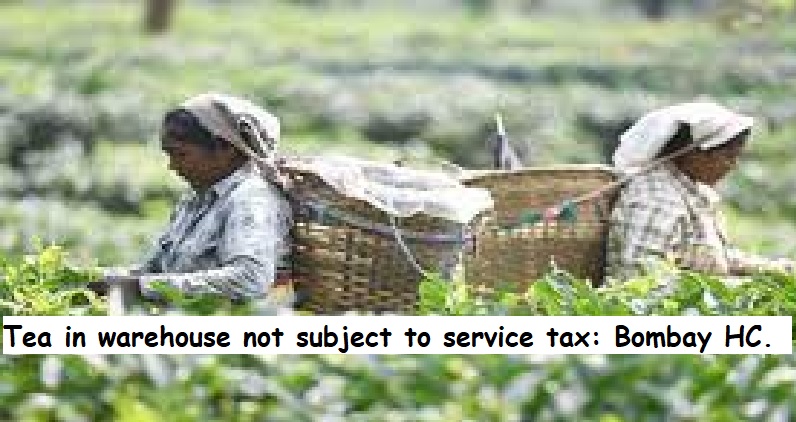


The Bombay High Court recently issued a writ of certiorari against the Appellate Authority of Advance Ruling (AAAR), ruling that tea stored in warehouses qualifies as agricultural produce and is exempt from service tax. Justices G. S. Kulkarni and Jitendra Jain emphasized that a writ of certiorari is only warranted in the event of a failure of justice, requiring an error apparent on the face of the record.
The petitioner, who leased its warehouse to Unilever India Exports Ltd., argued that the stored tea, procured either through auctions or directly from manufacturers, underwent standard processes but retained its essential agricultural characteristics. The petitioner sought exemption from service tax for tea storage, citing Notification No. 12/2017-Central Tax (Rate), Serial No. 54(e).
The Authority for Advance Ruling (AAR) initially ruled against the petitioner, prompting an appeal to the AAAR, which upheld the decision. The crux of the matter was whether tea, despite processing and blending in the warehouse, retained its status as agricultural produce.
The petitioner contended that the AAR should have recognized tea as an agricultural product under heading 9986 Sr. No. 54 of the 2017 Notification. They argued that the processing activities conducted in the warehouse did not alter the tea's essential characteristics for the primary market.
Contrarily, the department asserted that tea in the warehouse didn't align with the definition of 'agricultural produce' per Clause 2(d) of the 2017 Notification. They argued that processing, such as blending, disqualified the final product (tea) from being categorized as agricultural produce eligible for exemption.
The court scrutinized whether processing and packing diminished tea's essential agricultural nature. It noted that the AAAR failed to consider the AAR's decision and neglected to apply pertinent legal principles. The court emphasized that a writ of certiorari could be issued for an error of law, even if jurisdictional boundaries were not breached.
Highlighting that essential characteristics of tea as agricultural produce endure despite processing, the court concluded that the AAAR's failure to apply legal principles constituted an apparent error. This justified the issuance of a writ of certiorari, highlighting the importance of maintaining the agricultural status of tea for exemption purposes.
The judgment underscores the nuanced interpretation of tax regulations concerning agricultural produce and the significance of considering the impact of processing on the essential characteristics of the product. As legal battles unfold in the taxation landscape, decisions like these set important precedents for the treatment of goods under tax laws, influencing how businesses navigate regulatory frameworks and taxation liabilities.
TAGS: Exemption Jurisdiction Legal Principles Tax Regulations Precedents Essential Characteristics Taxation Landscape Regulatory Frameworks